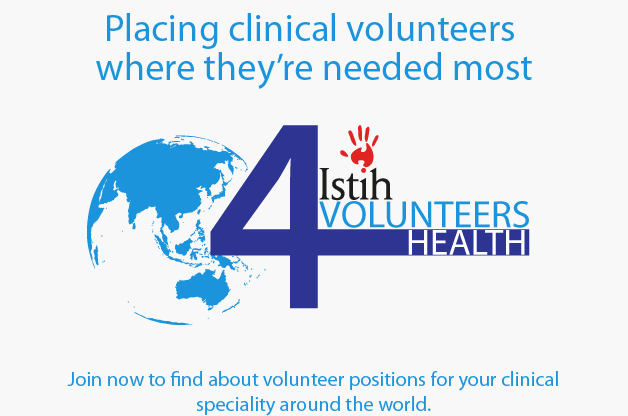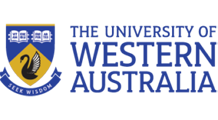Report by D-CAPES recipient of 2017
Dr. Gentle S Shrestha
MD, FACC, EDIC, MRCP (I), FCCP
Intensivist & Anaesthesiologist
Lecturer, Department of Anaesthesiology
Tribhuvan University Teaching Hospital
Maharajgunj, Kathmandu
Nepal
Point-of-care ultrasonography (POCUS) is rapidly evolving as an adjunct to the bedside physical examination of the patients in the acute care setting. The potential role of POCUS are to facilitating early diagnosis of the patient, to guiding the patient management, to enhancing safety of various bed side procedures, and to following the response to treatment. With the increasing availability and production of portable and cheaper ultrasound units, POCUS has evolved as a realistic technology even in resource limited settings. The potential benefit of POCUS may be much more in the resource limited settings as compared to the resource rich settings.
Nepal is a landlocked south-Asian nation with the estimated population of 26.4 million and with per capita GNI of USD 730. One fourth of the population lives under the poverty line. The nation is geographically challenged and has primitive and under-developed health care infrastructure. There is a significant lack of trained health care professionals and the resources are scarce. POCUS can be of potential benefit for the nation especially in the regions of resource limitations where the advanced diagnostic modalities are non-existent.
Proper training and development of competency is integral to implementation of POCUS and to maximize the benefits. A group of experts had started POCUS training in Nepal on August 2013 in the name of Acute Care Ultrasound (ACU) Workshop. The group has 22 trainers and has already conducted 10 one day workshops at national level and has trained over 200 doctors. The group works not-for-profit, all the trainers have been volunteering, have been providing very economical training at the cost of around USD 15-20 and is endorsed by Nepalese Society of Critical Care Medicine. An online survey was conducted among the participants of the workshop. Most of the participants found the workshop to be helpful and to influence their daily practice. They perceived the need of regular refresher workshops. Non-availability of ultrasound machine was perceived as one of the main barriers to implement POCUS. Our group perceived the need to refresh and upgrade the knowledge among the trainers and the need to conduct the workshops outside the capital city of Kathmandu. Collaborations with international groups, refresher training for the current trainers and possible future advanced courses may potentially strengthen the competency and performance of our group.
Our group is thankful to EMUGs (Emergency Medicine Ultrasound Groups) for providing the inaugural EMUGs Developing Country Annual POCUS Educator Scholarship 2017 (D-CAPES). I have been leading the ACU group as the course director since it’s inception. I had the opportunity to represent the ACU and to attend the EMUGs PURE (Point of care Ultrasound in Resource limited Environments) meetings in Australia. I attended the following meetings:
EMUG-NSW meeting VIII – The PURE and CLUb session on February 6, 2017 at Sydney.
EMUG-QLD meeting I – The PURE and CLUb session on February 11, 2017 at Brisbane.
EMUG-VIC meeting IV – The PURE and CLUb session on February 15, 2017 at Melbourne.
In all three meetings, I delivered a presentation on “POCUS in resource limited Nepal – Lessons learned” as the invited keynote speaker. I had the opportunity to share the experience of our group about training POCUS in Nepal, how we moved ahead since inception, the barriers we faced, potential solutions and future directions. I had the opportunity to meet and interact with the POCUS leaders from all across Australia and the stakeholders of EMUGs including Dr Brian O’Connell. We discussed about how our group may collaborate with the leading groups of Australia including EMUGs to develop POCUS in Nepal. I had the opportunity to listen and interact with various experts who talked on the interesting topics including the experience of PURE group about teaching and applying POCUS in resource limited regions of Africa and the benefit POCUS conferred in those regions.
I had the opportunity to attend the 5 days “Advanced Ultrasound in Emergency Medicine” course conducted by Australian Institute of Ultrasound (AIU) on February 6 – 10, 2017. I had a lot of learning opportunities in the course and also got chance to interact with the esteemed sonographers and POCUS trainers like Dr Kylie Baker. I am thankful to Ms. Jenni Sanderson and the AIU family for providing me the complementary advanced course.
The whole tour, participation in the meetings and in the advanced course was made possible with the generous provision of the inaugural EMUGs developing country annual POCUS educator scholarship 2017 (D-CAPES). EMUGs had covered the cost of by air fares (from Nepal to Australia and back and in between the cities of Australia), accommodation, fooding and the registration costs of the EMUGs meetings.
I personally appreciate the great initiative of EMUGs to start the scholarship for the POCUS leaders from resource limited settings. Attending such meetings and courses would definitely provide big opportunity for the POCUS leaders from poor nations to interact with the POCUS leaders in Australia, explore the possibilities of collaborations and may facilitate the development of POCUS training in their home nations.
As a direct consequence of my EMUG D-CAPE Scholarship we have developed links on a number of EMUGs projects. Specifically, we have initiated the provision of the excellent online POCUS learning resource shared by the Emergency Care Institute of New South Wales – UTEC (Ultrasound Training for Emergency Clinicians). EMUGs and ECI have given the ACU access to the four learning modules of Physics for POCUS, eFAST, AAA and Vascular access. This has already been used in the most recent ACU course in Nepal in April 2017.
Further to this the ACU is working with EMUGs as a resource for attaining others for a book which is in process on POCUS in Developing Countries. Other ongoing projects include POCUS documentation, and train the trainer pathways.
We look forward to continuing our new relationship with EMUGs and it’s collaborators and greatly appreciate the funding providing by sponsors, particularly the International Skills and Training Institute in Health, http://www.istih.org, without whose contribution this initiative would not have been made possible.



